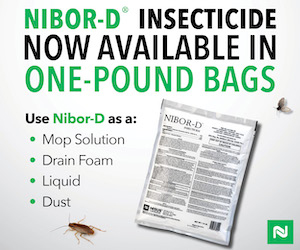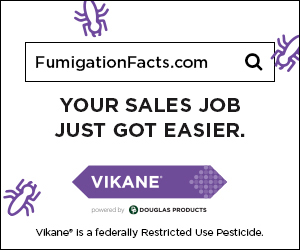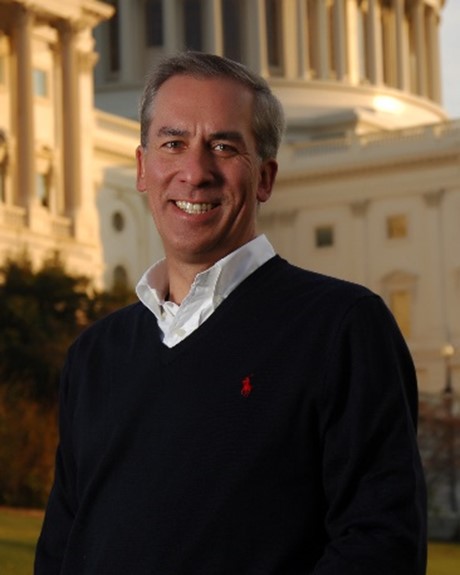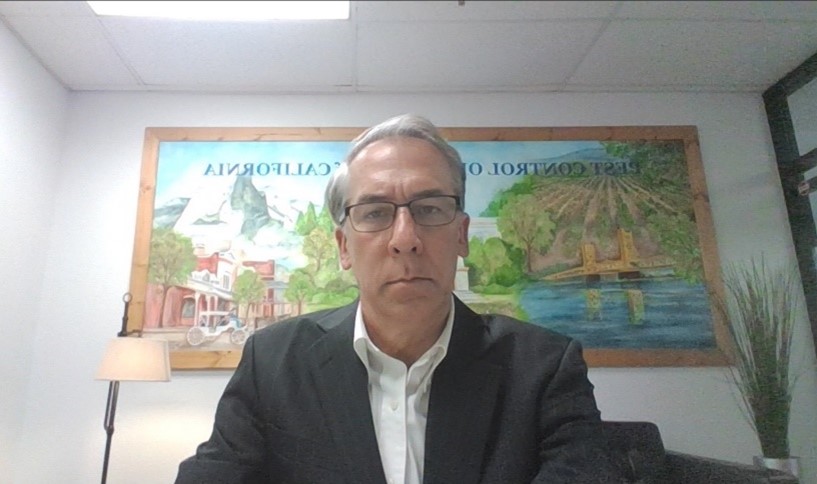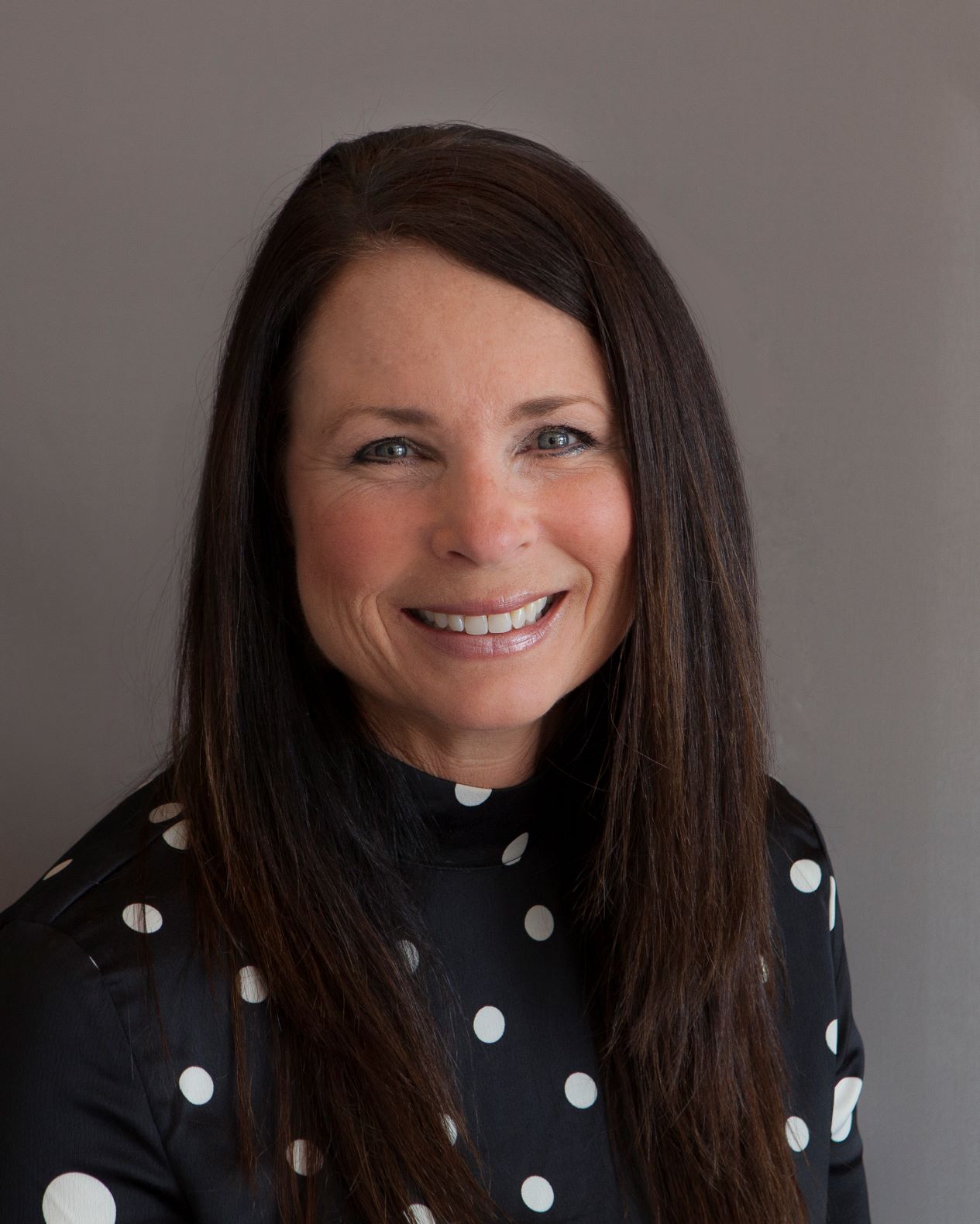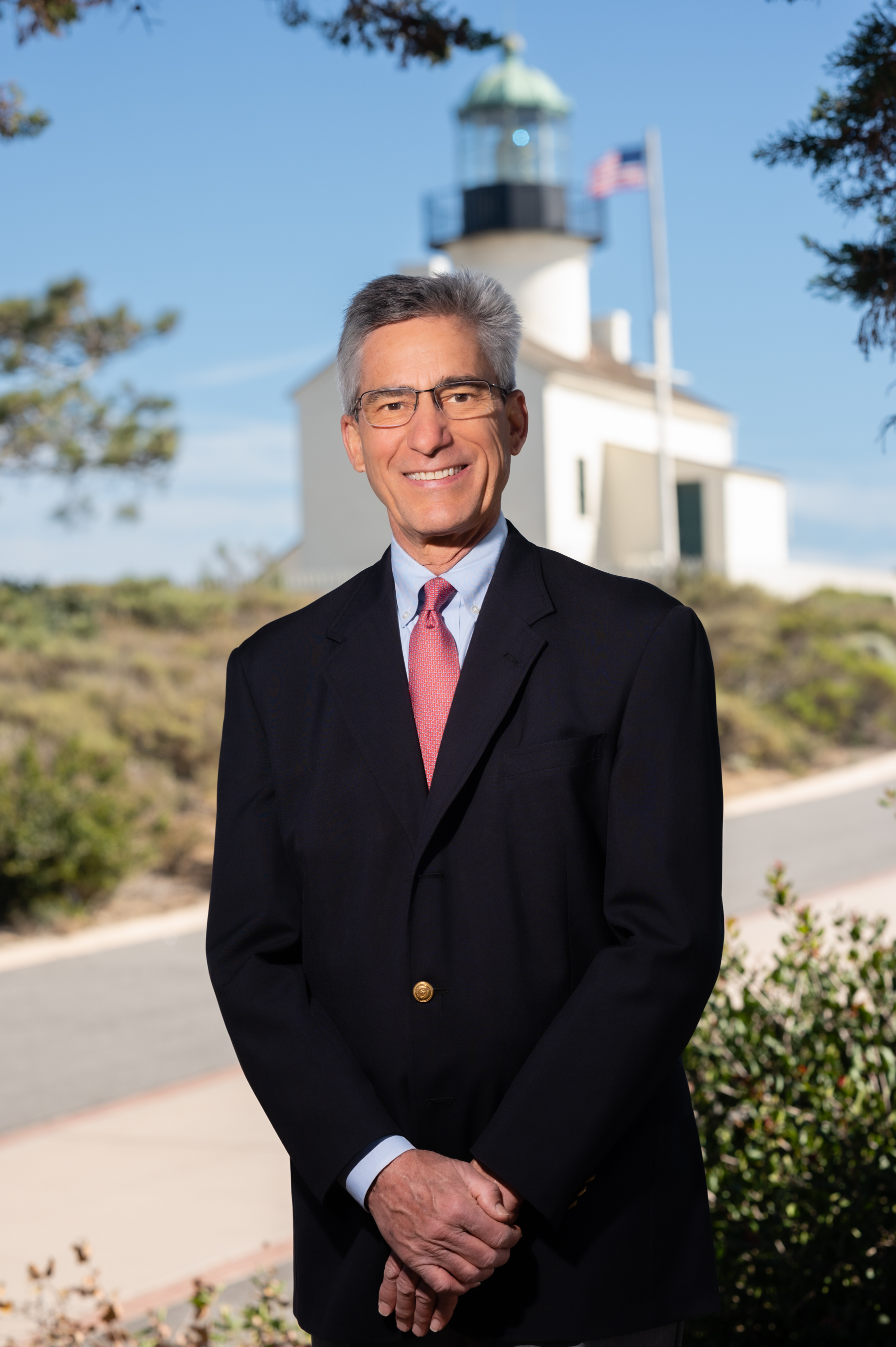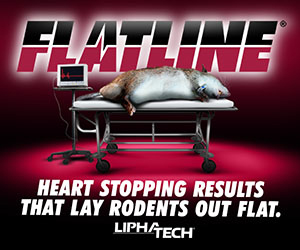 |
|||||||||||||||||||||||||||
|
May 2023
|
|||||||||||||||||||||||||||
|
Upcoming Events
All Event Information can be found at WWW.PCOC.ORG/EVENTS
CAPMA Classifieds
The following article authored by Executive Director Michael E. Wilson is provided to summarize for the PCOC membership the recent California Department of Pesticide Regulations (DPR) virtual hearing on the agency proposed Eyewash Station rulemaking regarding "Pesticide Decontamination Sites" that was held on May 17, 2023. On May 17, 2023, Pest Control Operators of California (PCOC) representatives participated in a California Department of Pesticide Regulations (DPR) virtual hearing on the agency’s proposed Eyewash Station rulemaking regarding “Pesticide Decontamination Sites”. On behalf of the professional pest management industry, the representatives included PCOC Executive Director Michael E. Wilson, PCOC President Elect Mary Hernandez (Mission City Fumigation), PCOC Legislative Chair Darren Van Steenwyk (Sprague Pest Solutions), PAPCO Chair Jim Steed (Neighborly Pest Management) along with several other PCOC members. In his remarks, Wilson stated that “Our association’s uneasiness with ANSI Z358.1-2014 stems from its principle focus on stationary facilities rather than mobile sites. Regrettably, there are occasions when ANSI standards are not just a simple case of “plug and play” and thus industry implementation by reference is both challenging and problematic.” The PCOC Executive Director went onto say, “I urge DPR to work with PCOC representatives that stand ready to help the agency better understand the complexities that professional pest control industry representatives and technicians encounter daily. Through that dialogue, we believe that we can strike a better balance of costs and burdens versus more practical solutions to ensure the safety of our employees.”
During his testimony, PAPCO Chair Steed enlightened DPR on the “real” costs of DPR proposed regulation on the professional pest management industry. Steed stated that, “the valuation of the fiscal impact of the proposed regulations as stated in the Economic Impact Statement provided by DPR. … indicates that the total number of businesses affected is 11,327.” Through examination of specific industry data, Steed was able to establish “that there are probably as many as 20,748 to 24,813 [structural pest control] vehicles that could need the [eyewash] equipment.”
PCOC President-Elect Hernandez expanded on Steed’s concerns commenting, “it could cost the [pest management] industry upwards of $47 million to purchase and install eyewash stations for the first year alone”. In addition to those expenditures, Hernandez referenced required training and inspection costs of “$10 million to comply” with an additional impact from the reduced fuel efficiency of our service vehicles “will add another potential of $54 million to the annual economic impact”. Hernandez summarized industry concerns by stating, “the costs of implementing these regulations over $63 million the first year to just the structural pest control industry”. In addition to our representatives’ participation during the hearing, PCOC also submitted detailed formal comments to DPR proposed rule on May 16, 2023. Staff will post to our website the PCOC formal comments along with the official transcript in the coming days. PCOC will continue to update the membership as developments on this proposed rule on emergency eyewash stations occur. Lastly, we would like to thank the 389 professional pest management representatives that participated in the grassroots “Voter Voice” initiative to help raise the awareness level of our concerns to DPR. Michael E. Wilson Preferred Partners
We have just one month until the June PCOC Expo in beautiful Monterey, California, and I want to encourage those who have not registered to do so before the EXTENDED deadline of May 30th. PCOC has a room block at the Monterey Marriott Hotel and has a discounted room rate of $294 per night. Be sure to take advantage of this rate and make your reservation before May 30th. Rooms are still available, but they will fill up quickly, so do not wait! It will be a full week starting with the golf tournament at Poppy Hills and the Bug Crawl Pub Crawl on Wednesday, June 21. Thursday will be committee meetings, the BOD meeting, and a silent auction. Friday will feature our very special guest speaker, Ms. Julie Henderson, the Director of the Department of Pesticide Regulation “DPR.” Also on Friday will be a thought provoking Panel Industry Meeting of the Minds with some of the best, brightest, and most influential minds in the Pest Control Industry, and then very beneficial breakout sessions with Continuing Education Credits. All this on Friday morning before the Exhibit Hall opens at 11:30am with the latest and greatest from our Affiliates and other Exhibitors. The Exhibit Hall is so important and vital for all of us who want to keep current with all that is new in our ever and always changing very dynamic industry. Do NOT be left behind, visit the Exhibit Hall to learn what is new and on the horizon. Register now and get all of the details at www.pcoc.org/events. I look forward to seeing everyone at our Expo, and I hope while you are in beautiful Monterey, you will enjoy all it has to offer like the Monterey Bay Aquarium, Fisherman’s Wharf, and plenty of historical sights. I also want to update you on the issue of the new regulations being proposed by the DPR for emergency eyewash stations. The Emergency Eyewash Station Task Force assembled by Darren Van Steenwyk and Jim Steed has been doing an excellent job to address the issue in the best interest of our members and our industry. We are taking into consideration the extraordinary costs of compliance that these proposed regulations would have on our industry and are working to address the issue to achieve the best outcome possible. We have asked for, and have been granted an extension on the comment period, and are preparing our responses. A public hearing was also granted and took place on May 17th where we were able to voice our concerns. A big thanks to the team at Sprague Pest for supporting Darren as he leads the charge on this important issue that will have an effect on all of us. We will keep you updated as we learn more. I look forward to seeing you all soon in Monterey, Greg Augustine Employers are responsible for providing workplaces that are safe from excessive heat. Yet every year, thousands of workers become sick from exposure to heat, and some even die. Heat illnesses and deaths are preventable. The risk of heat-related illnesses and deaths increases during warm summer months; humidity increases the risk. Heat stroke is the most serious heat-related illness. It occurs when the body becomes unable to control its temperature: body temperature rises rapidly, the sweating mechanism fails, and the body is unable to cool down. Body temperature may rise to 106°F or higher within 10 to 15 minutes. Heat stroke can cause death or permanent disability if emergency treatment is not provided. Warning signs of heat stroke vary but may include:
How can heat illness be prevented? Employers should establish a complete heat illness prevention program to prevent heat illness. This includes: provide workers with water, rest and shade; gradually increase workloads and allow more frequent breaks for new workers or workers who have been away for a week or more to build a tolerance for working in the heat (acclimatization); modify work schedules as necessary; plan for emergencies and train workers about the symptoms of heat-related illnesses and their prevention; and monitor workers for signs of illness. Workers new to the heat or those who have been away from work and are returning can be most vulnerable to heat stress and they must be acclimatized. To prevent heat-related illness and fatalities:
If workers are new to working in the heat or returning from more than a week off, and for all workers on the first day of a sudden heat wave, implement a work schedule to allow them to get used to the heat gradually. Working in full sunlight can increase heat index values by 15 degrees Fahrenheit. Keep this in mind and plan additional precautions for working in these conditions. Remember these three simple words: Water, Rest, Shade. Taking these precautions can mean the difference between life and death. For more information or help, contact the Insurance professionals of EPIC’s PCOC Insurance Program.
Frequently Asked For Websites
|
|||||||||||||||||||||||||||

